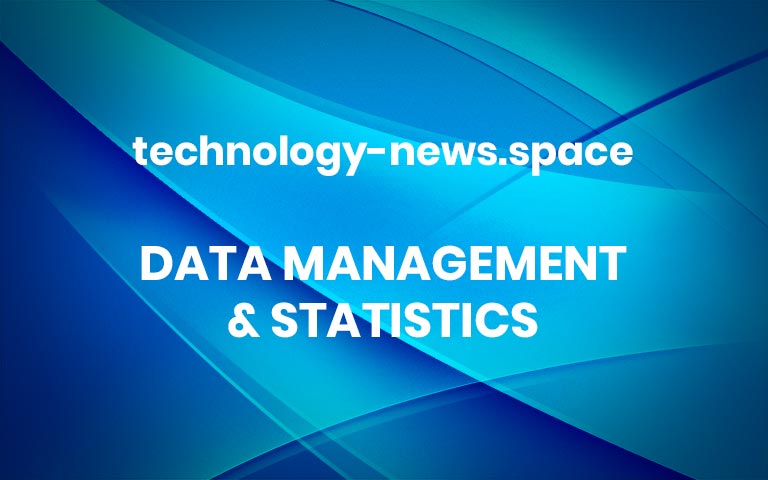Smart systems for semiconductor manufacturing
Integrating smart systems into manufacturing offers the potential to transform many industries. Lam Research, a founding member of the MIT.nano Consortium and a longtime member of the Microsystems Technology Lab (MTL) Microsystems Industrial Group, explored the challenges and opportunities smart systems bring to the semiconductor industry at its annual technical symposium, held at MIT in October. […] More


